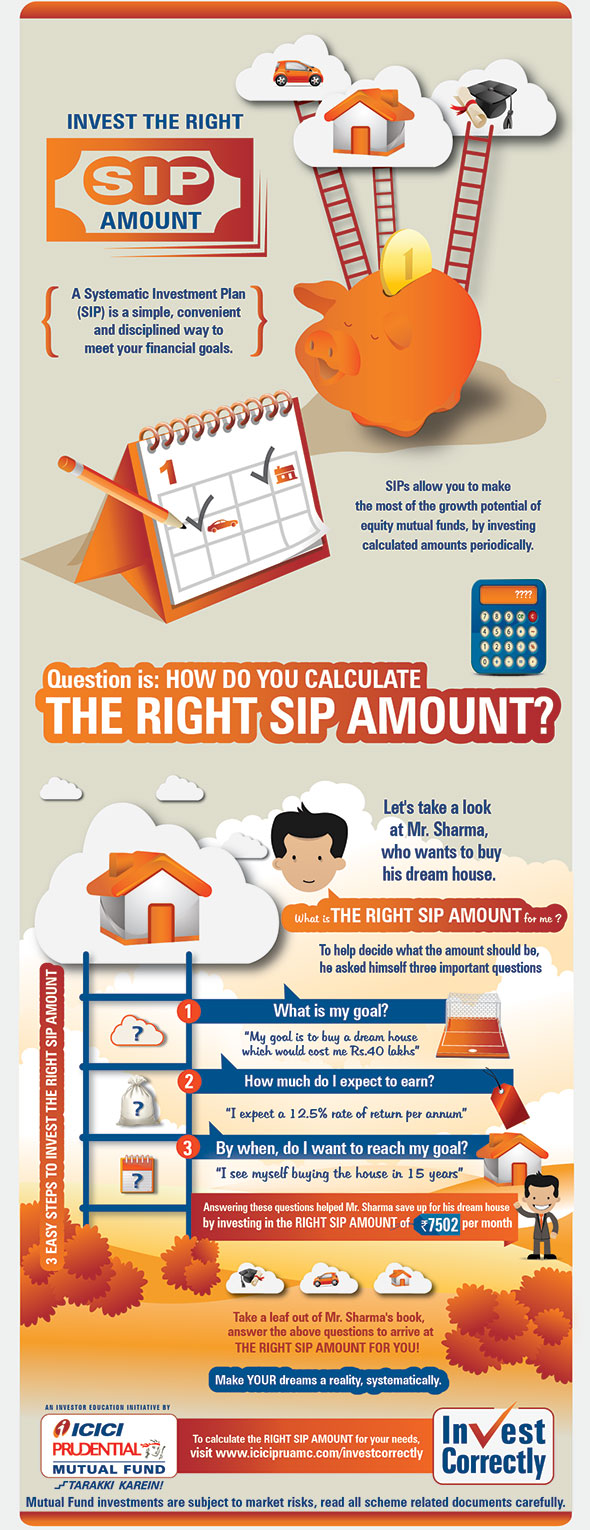The Financial Influence Of Defaulting On A Performance Bond
The Financial Influence Of Defaulting On A Performance Bond
Blog Article
Published By-
When a guaranty concerns an efficiency bond, it ensures that the principal (the party that acquires the bond) will meet their obligations under the bond's terms. If the primary falls short to meet these responsibilities and defaults on the bond, the surety is in charge of covering any type of losses or damages that result.
1. Loss of online reputation: Back-pedaling an efficiency bond can damage the principal's track record and trustworthiness, making it harder to secure future business or funding.
2. Legal and administrative costs: The surety may need to pay lawful and administrative costs associated with pursuing the principal for damages or trying to correct the scenario.
3. Suggested Web site : The surety might need to cover the cost of finishing the job or supplying the services that the principal stopped working to supply. This can cause substantial monetary losses for the surety.
4. Boosted costs: If the principal has a background of back-pedaling efficiency bonds, they may be called for to pay greater premiums in the future to obtain the needed bonding.
Overall, defaulting on a performance bond can have major economic consequences for both the principal and the surety. It is very important for principals to thoroughly consider their responsibilities and ensure they have the ability to meet the terms of the bond to stay clear of these unfavorable outcomes.
Back-pedaling a performance bond can be an expensive bad move for organizations. When you fall short to fulfill the bond's commitments, the monetary consequences can be considerable. From paying the full bond total up to possible legal fights and damaged relationships, the repercussions can resound throughout your service procedures. Understanding the elaborate internet of monetary effects that defaulting on a performance bond can have is critical for securing your firm's economic health and wellness and reputation.
Financial Penalties for Defaulting
If you back-pedal an efficiency bond, you'll likely face considerable financial penalties. These charges can vary relying on the regards to the bond contract yet typically entail paying the bond amount in full to the obligee. tender guarantee definition suggests that if you stop working to accomplish your legal obligations, you need to pay the bond amount to the task owner or the entity that required the bond.
In addition, you might likewise be responsible for any extra costs sustained by the obligee because of your default, such as finding a substitute service provider or covering project delays.
Defaulting on a performance bond can also lead to lawful fees and court prices if the obligee chooses to take legal action against you to recover the bond amount. These costs can promptly build up, further worsening the monetary influence of your default. It's vital to meticulously assess and comprehend the terms of the performance bond to avoid these severe financial penalties.
Impact on Service Cash Flow
Defaulting on a performance bond can considerably influence your organization capital, impacting monetary stability and operational abilities. When you back-pedal a performance bond, you run the risk of shedding the bond amount, which can be a considerable amount. This loss directly affects your capital, as you'll require to locate alternative sources of moneying to cover the bond quantity. Moreover, skipping can bring about increased examination from guaranties, making it harder and a lot more expensive to safeguard bonds in the future. This can further strain your capital as you may require to allocate extra sources to meet bonding requirements.
The influence on your capital does not stop there. Back- https://zionvqkey.webbuzzfeed.com/34354746/common-types-of-guaranty-bonds-and-when-they-re-needed can additionally cause job delays or cancellations, bring about a loss of profits. In addition, the adverse online reputation that features failing can prevent potential clients, better decreasing your cash flow. In general, defaulting on a performance bond can have damaging effects on your organization's economic health and ability to run smoothly.
Lawful Implications and Lawsuits
Encountering legal ramifications and potential legal actions due to defaulting on an efficiency bond can considerably impact your company's credibility and monetary standing. When you back-pedal an efficiency bond, the surety firm might take legal action to recover the bond amount paid. This might cause pricey legal fees, court expenditures, and prospective settlements or judgments versus your service.
Furthermore, defaulting on a performance bond might bring about harmed relationships with customers, subcontractors, and distributors, impacting your capability to secure future contracts. Lawsuits emerging from bond defaults can taint your organization's integrity in the market, making it testing to draw in new companions or consumers.
Additionally, if the default brings about a court judgment versus your service, it might cause property seizure or liens, better stressing your monetary stability. Therefore, it's important to recognize the lawful effects of back-pedaling a performance bond and take aggressive steps to alleviate the dangers involved.
Verdict
As you deal with the consequences of defaulting on an efficiency bond, remember this: it's like walking a tightrope without a safeguard. One incorrect relocation can send you dropping into a monetary freefall, with no means to quit the loss.
https://latinlawyer.com/guide/the-guide-mergers-acquisitions/third-edition/article/indemnity-escrows-and-other-payment-guarantees , capital impact, and lawful implications are all waiting to catch you if you slip up. So step carefully, and constantly honor your dedications to stay clear of the severe effects of default.
